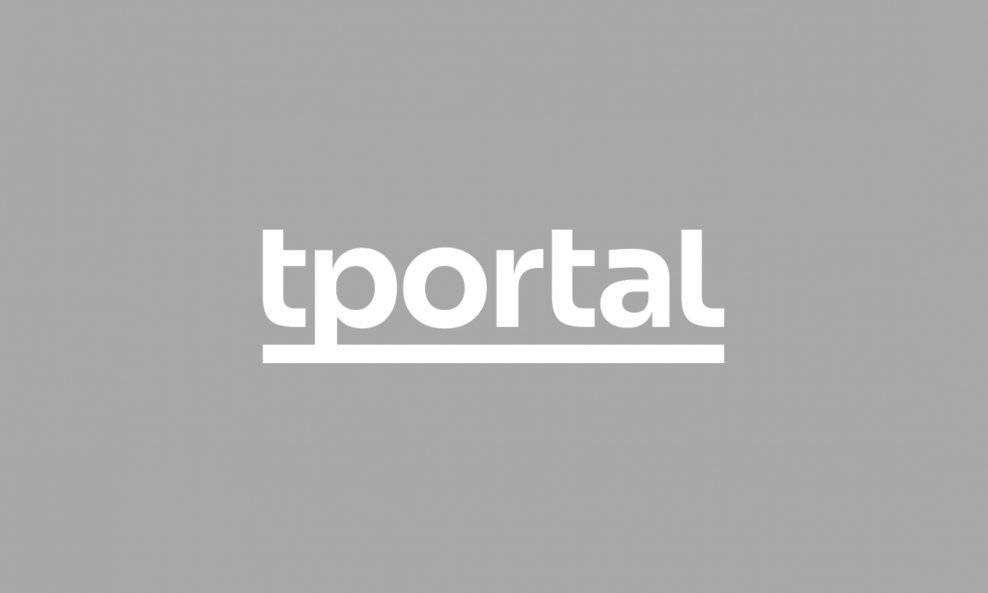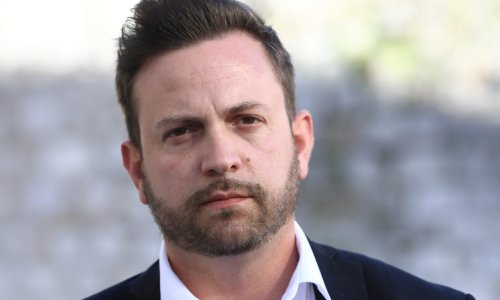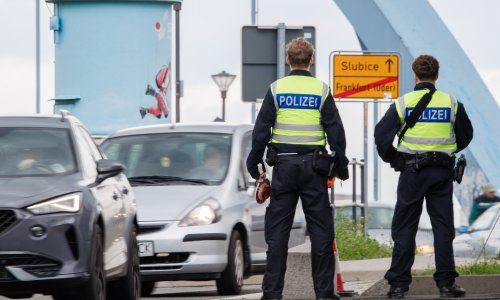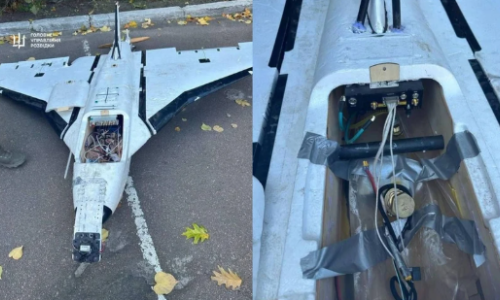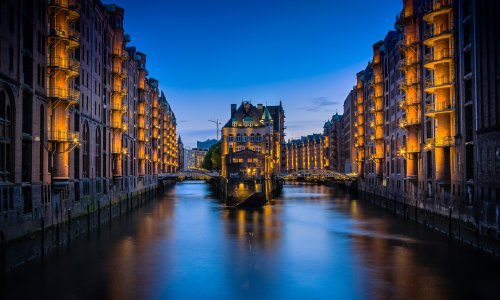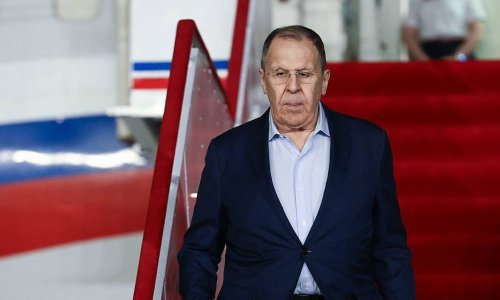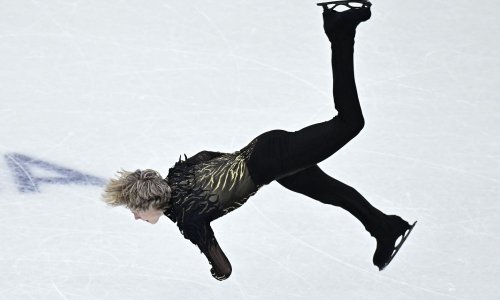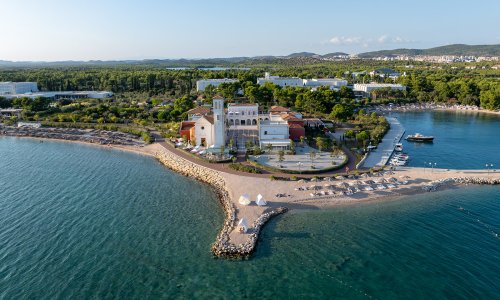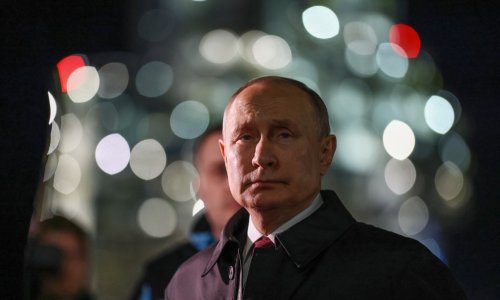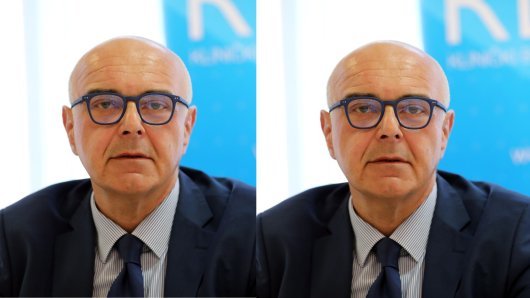The European Parliament's Rapporteur on Croatia, Libor Roucek, has said that Croatia is well prepared for membership of the European Union and that his final report on Croatia's preparedness will be positive, adding that the country will enter the EU on July 1 as scheduled.
Croatia has done its homework, so I have proposed that no post-accession monitoring is necessary, as was the case with Bulgaria and Romania. Croatia has done its job and I think it is well prepared, Roucek said in an interview with the Slovenian news agency STA, published on Thursday.
The Czech parliamentarian said that he expected his final report on Croatia would be accepted by an overwhelming majority at a plenary session of the European Parliament next month. He noted that there could be a few MEPs who would call for additional monitoring, but stressed that in his opinion it was not necessary.
Roucek said that since the previous progress report, released in October 2012, Croatia had worked hard to fulfil the 10 remaining requirements for membership.
I think Croatia has fulfilled them all. A partial exception from that is the privatisation of the shipyards and the construction of physical infrastructure in the corridor between Croatia and Bosnia and Herzegovina along the Adriatic Sea. The privatisation of the Brodosplit shipyard is in final stage and the Croatian government has said that the border corridor with Bosnia and Herzegovina will be completed by the end of this month or in April at the latest, he said.
Roucek said he was not expecting any complications with the ratification of Croatia's EU accession treaty in the EU member states that have not ratified it yet, or a possibility of its scheduled accession on July 1 being delayed. Several countries that expressed their reservations about the previous progress report, including Germany, are awaiting the new report before starting or completing the ratification process, but I think that the report will be positive and that everything will go well, he said.
Even though he thinks that the rule of law and combating corruption should be given greater attention in future enlargement rounds than has been the case so far, Roucek believes that additional monitoring of Croatia after its accession is unnecessary because the country has been subjected to stricter criteria during the accession process than previous membership candidates.
Earlier EU enlargement rounds showed that we should dedicate more attention to the rule of law, the functioning of the judiciary and the fight against corruption, as advocated by Germany, Denmark and the Netherlands. Aspirants must really be well prepared for membership, Roucek said, alluding to the admission to the EU in 2007 of Romania and Bulgaria which now have problems joining the Schengen free-travel zone.
Roucek welcomed the signing of the memorandum of understanding by the governments of Croatia and Slovenia that cleared the way for the ratification of Croatia's EU accession treaty by Slovenia. I believed right from the start that an agreement would be reached. Both sides were aware what it would mean if that did not happen, he said.
Speaking of outstanding issues between countries of the former Yugoslavia, Roucek said that the EU was not willing to admit countries that failed to close their bilateral issues, citing EU enlargement fatigue. He said that those countries should resolve such issues as soon as possible, otherwise they would have no membership prospects.
The potential integration of other countries in the region after Croatia's accession will to a large extent depend on their willingness and readiness, Roucek said, adding that Montenegro had made the greatest progress on the EU path of all Balkan countries. He said that countries such as Slovenia, the Czech Republic and Croatia should promote the enlargement process so that it would not stop.
Speaking of challenges facing Croatia after it joined the bloc, Roucek said that the Croatian authorities would speed up preparations for entry into the Schengen area and the European monetary union.
Croatia will try hard to enter the Schengen zone as soon as possible, but it will have to make a lot of effort. Some EU members may find its very long border with Bosnia and Herzegovina problematic, he said.



